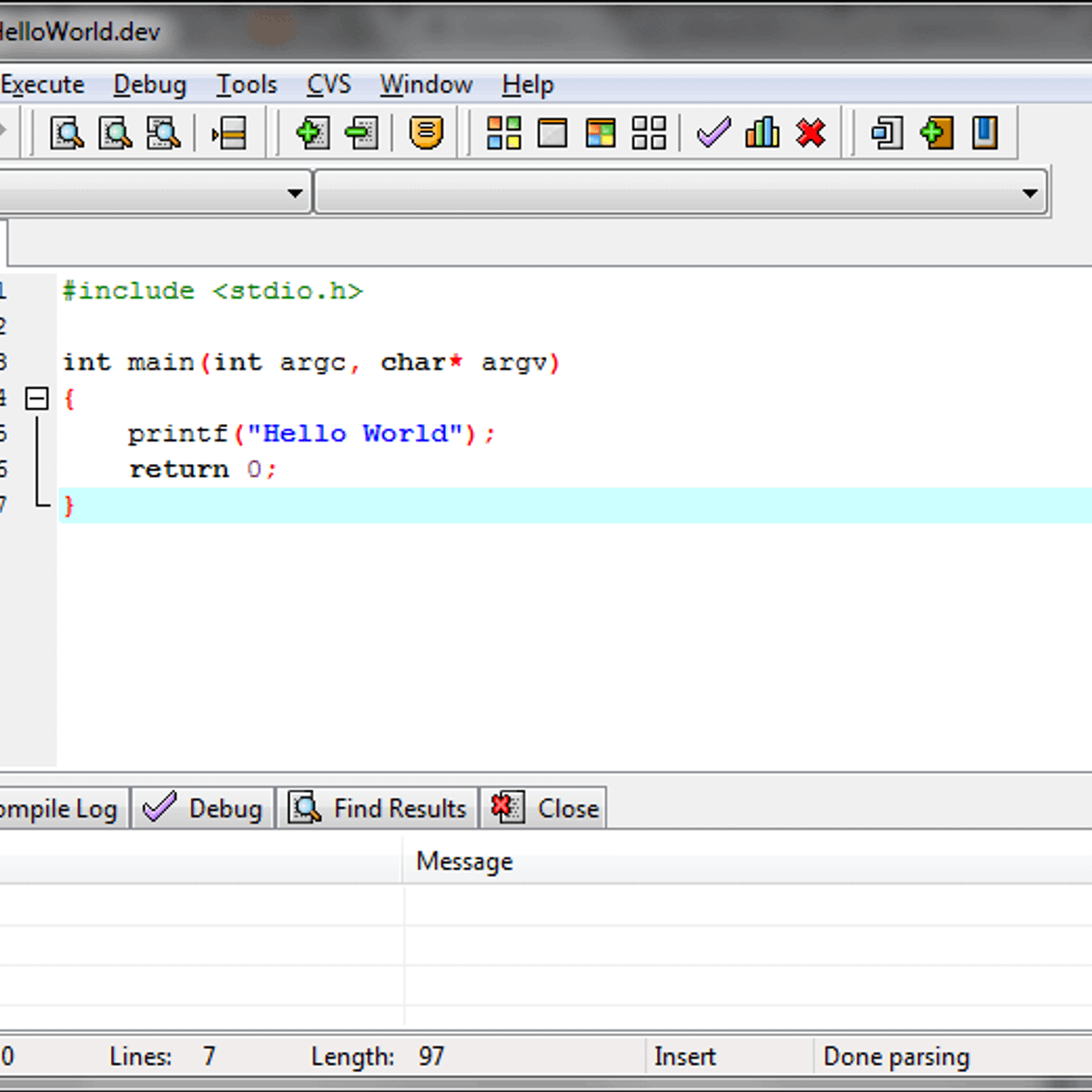
atoi[edit]
| Syntax |
The atoi() function converts str into an integer, and returns that integer. str should start with a whitespace or some sort of number, and atoi() will stop reading from str as soon as a non-numerical character has been read. For example:
Mar 11, 2019 Given a hex string, we have to convert it into an integer using stoi function. C STL stoi function. Stoi stands for string to integer, it is a standard library function in C STL, it is used to convert a given string in various formats (like binary, octal, hex or a. Converts an integer value to a null-terminated string using the specified base and stores the result in the array given by str parameter. If base is 10 and value is negative, the resulting string is preceded with a minus sign (-).With any other base, value is always considered unsigned. Str should be an array long enough to contain any possible value: (sizeof(int).8+1) for radix=2, i.e. Feb 07, 2018 There are inbuilt function to convert atoi but here i have explained how to write your own atoi function in c and c. #atoi #CppTutorial #CProgramming #CppNuts #CTutorial. Interprets an integer value in a byte string pointed to by str. Discards any whitespace characters until the first non-whitespace character is found, then takes as many characters as possible to form a valid integer number representation and converts them to an integer value. Exceptions (C) No-throw guarantee: this function never throws exceptions. If str does not point to a valid C-string, or if the converted value would be out of the range of values representable by an int, it causes undefined behavior. See also atol Convert string to long integer (function ) atof Convert string to double (function ) strtol. This function returns the converted integral number as an int value. If no valid conversion could be performed, it returns zero.
All five of the above assignments to the variable i would result in it being set to 512.
If the conversion cannot be performed, then atoi() will return zero:
It's very easy to accidentally step past (overstep) the place you wanted to examine.If you step past your intended destination, the usual thing to do is stop debugging and restart debugging again, being a little more careful not to pass your target this time.Step backSome debuggers (such as Visual Studio Enterprise Edition and GDB 7.0) have introduced a stepping capability generally referred to as step back or reverse debugging. How to use gdb in dev c++. Instead, it executes all remaining code in the function currently being executed, and then returns control to you when the function has returned. This command is most useful when you've accidentally stepped into a function that you don't want to debug.A step too farWhen stepping through a program, you can normally only step forward. The goal of a step back is to rewind the last step, so you can return the program to a prior state.
Atoi Function In Cpp
A complete C++ implementation of atoi.
Atoi() Function In C++
- Related topics
- atof - atol
(Standard C I/O) sprintf

